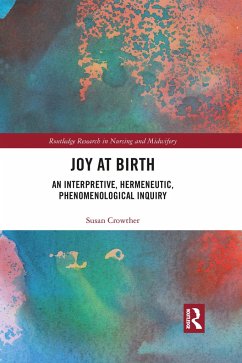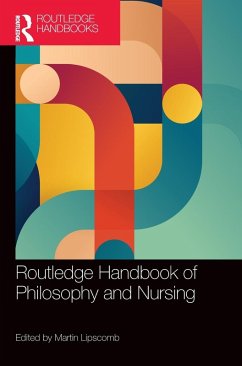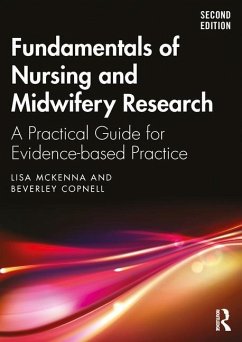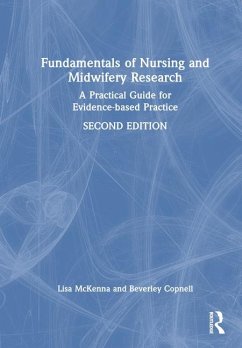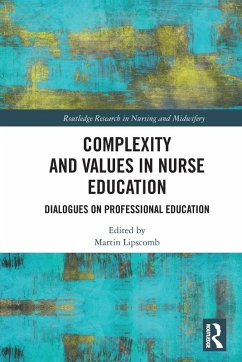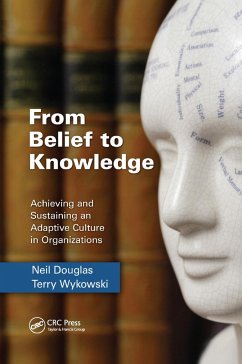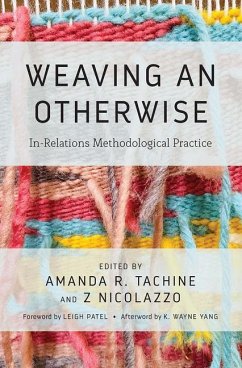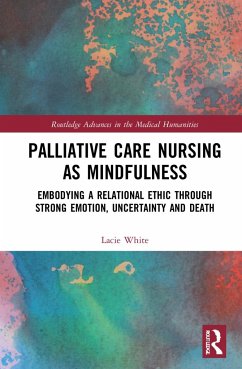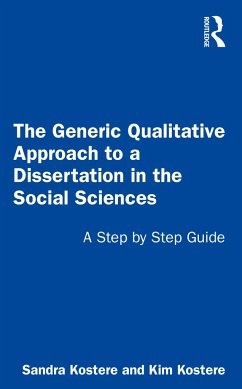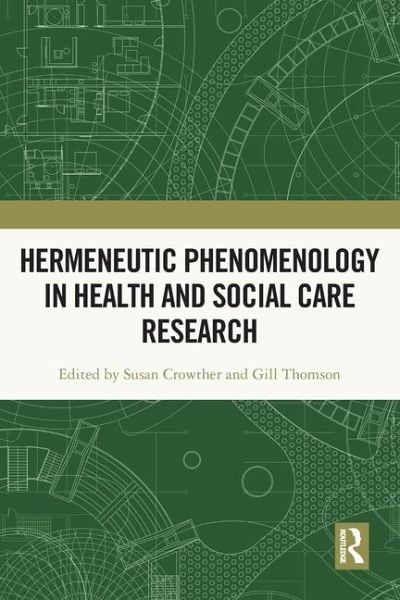
Hermeneutic Phenomenology in Health and Social Care Research
Versandkostenfrei!
Versandfertig in 6-10 Tagen
43,99 €
inkl. MwSt.

PAYBACK Punkte
22 °P sammeln!
This book explores how, why and when hermeneutic phenomenology can be used as a methodology in health and social research.Providing actual examples of doing robust hermeneutic phenomenology and a focus on praxis, the book demonstrates how philosophical or theoretical notions can inform, enrich and enhance our research projects. The chapters offer examples of many different research designs and interpretive decisions in order to illustrate the unbounded and creative nature of this type of inquiry, whilst also demonstrating the trustworthiness of the scientific processes adopted. The chapter aut...
This book explores how, why and when hermeneutic phenomenology can be used as a methodology in health and social research.
Providing actual examples of doing robust hermeneutic phenomenology and a focus on praxis, the book demonstrates how philosophical or theoretical notions can inform, enrich and enhance our research projects. The chapters offer examples of many different research designs and interpretive decisions in order to illustrate the unbounded and creative nature of this type of inquiry, whilst also demonstrating the trustworthiness of the scientific processes adopted. The chapter authors invite the reader on a unique journey that highlights how they made individual and tailored decisions throughout their projects, emphasising the challenges and joys they encountered.
This book is a valuable resource for all students and academics who wish to explore the meaningfulness of human lived experiences across the multitude of phenomena in health and social care.
Providing actual examples of doing robust hermeneutic phenomenology and a focus on praxis, the book demonstrates how philosophical or theoretical notions can inform, enrich and enhance our research projects. The chapters offer examples of many different research designs and interpretive decisions in order to illustrate the unbounded and creative nature of this type of inquiry, whilst also demonstrating the trustworthiness of the scientific processes adopted. The chapter authors invite the reader on a unique journey that highlights how they made individual and tailored decisions throughout their projects, emphasising the challenges and joys they encountered.
This book is a valuable resource for all students and academics who wish to explore the meaningfulness of human lived experiences across the multitude of phenomena in health and social care.





